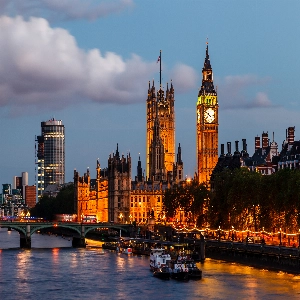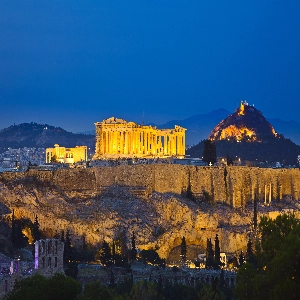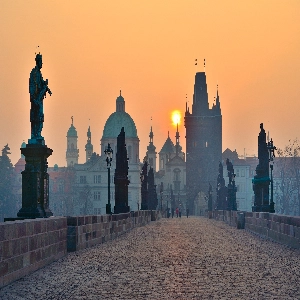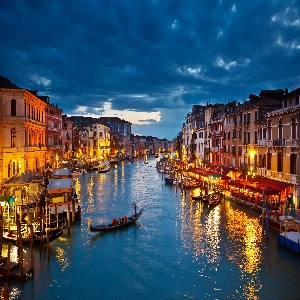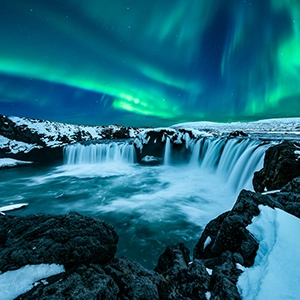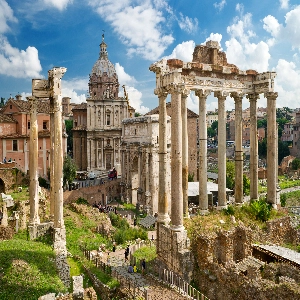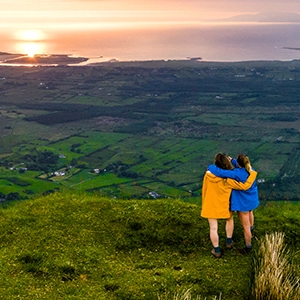Paris
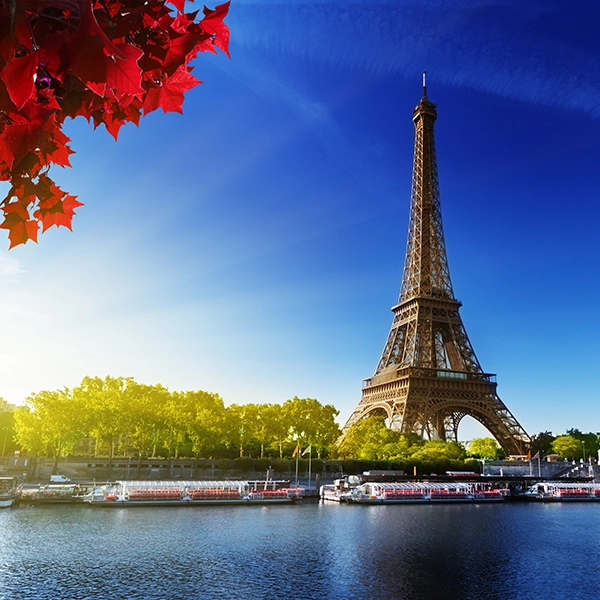
- Introduction to Paris Travel
- Paris Visa Requirements
- Getting there
- Best time
- Paris Weather
- Safety
- Health and Vaccinations
- Language
- Cities (Neighborhoods)
- Attractions and Things To Do in Paris
- Transportation
- Paris Accommodations
- Food
- Currency
- Etiquette and Cultural Norms
- Shopping
- Festivals and Events in Paris
- Telecommunications and Connectivity
- Emergency Contacts and Services
- Paris Travel Insurance
- Sustainable and Responsible Tourism
Introductory Guide to Paris Travel
Paris, the capital of France, is renowned for its rich history, stunning architecture, and vibrant culture. Known as the "City of Light," it's a world-class destination that captivates visitors with its iconic landmarks, world-famous museums, and delectable cuisine. A trip to Paris promises an unforgettable experience filled with art, romance, and history.
Visa
Visitors from most countries can enter France without a visa for short stays of up to 90 days within a 180-day period for tourism purposes. However, citizens of some countries may require a Schengen visa to enter. Ensure you check the visa requirements for your specific nationality and plan accordingly. Keep in mind that the requirements and processing times can change, so it's advisable to verify this information with your local French consulate or embassy.
Getting there
Paris is well-connected to the rest of the world, with its main international airport, Charles de Gaulle (CDG), servicing numerous flights from global destinations. Other nearby airports include Paris-Orly (ORY) and Beauvais-Tillé (BVA). The city is also accessible via high-speed trains from neighboring European countries, as well as by bus and car.
Best time
The best time to visit Paris depends on your preferences. Spring (April to June) and autumn (September to November) offer pleasant temperatures and smaller crowds, making them ideal for sightseeing. Summer (June to August) is the peak tourist season, with warm weather but larger crowds and higher prices. Winter (December to February) can be cold and wet but offers a magical atmosphere with festive lights and seasonal events.
Weather
Paris experiences a temperate climate, with mild winters and warm summers. Spring and autumn bring mild temperatures and occasional rainfall, while summer can be hot and humid. Winter temperatures can drop close to freezing, with occasional snowfall. It's always a good idea to pack layers and a waterproof jacket to be prepared for sudden weather changes.
Safety
Paris is generally a safe city for tourists, but it's still important to take precautions. Petty crimes like pickpocketing can occur, particularly in crowded tourist areas and on public transportation. Stay vigilant with your belongings, avoid displaying valuables, and be cautious in unfamiliar areas, especially at night.
Health and Vaccinations
There are no specific vaccinations required for travelers visiting Paris, but it's a good idea to ensure that your routine vaccinations are up to date. Additionally, consider travel insurance that covers medical emergencies, as healthcare in France can be expensive for non-residents. Pharmacies are widely available throughout the city, and most pharmacists speak English, making it easy to access over-the-counter medications if needed.
Language
French is the official language in Paris, and while many locals speak English, particularly in tourist areas, it's helpful to learn some basic French phrases. Not only will this make it easier to communicate, but it also demonstrates respect and appreciation for the local culture. A simple "Bonjour" (hello) or "Merci" (thank you) can go a long way in making a positive impression.
Cities (Districts)
Paris is divided into 20 districts, called "arrondissements," each with its unique character and attractions. Some popular districts include the 1st arrondissement, home to the Louvre Museum and the Tuileries Garden; the 4th, which houses the Notre-Dame Cathedral and the historic Marais neighborhood; and the 18th, where the famous Montmartre and the Sacré-Cœur Basilica are located. Exploring the various districts allows you to experience the diverse charm and beauty of Paris.
Attractions
Paris is home to countless iconic landmarks and attractions, such as the Eiffel Tower, Louvre Museum, Notre-Dame Cathedral, and the Palace of Versailles. Strolling along the picturesque Seine River, visiting the vibrant Montmartre neighborhood, and exploring the historic Marais district are all must-do activities. Additionally, the city is famous for its art galleries and museums, including the Musée d'Orsay and the Centre Pompidou.
Transportation
Paris boasts an extensive and efficient public transportation system, which includes buses, trams, and the Métro (subway). The Métro is the most convenient way to navigate the city, with 16 lines and frequent service. Taxis and ridesharing services are also available, as well as bike-sharing programs like Vélib'. For a unique experience, consider taking a boat cruise along the Seine River.
Accommodations
Paris offers a wide range of accommodations, catering to various budgets and preferences. From luxurious hotels and boutique establishments to budget-friendly hostels and vacation rentals, there's something for everyone. Popular neighborhoods to stay in include the Marais, Saint-Germain-des-Prés, and Montmartre. Booking accommodations in advance is recommended, especially during peak tourist seasons.
Food
French cuisine is world-renowned, and Paris is a food lover's paradise. Enjoy local delicacies like croissants, escargot, and crème brûlée, or savor a traditional French meal at a local bistro or Michelin-starred restaurant. Don't miss the city's vibrant café culture, where you can sip on a café au lait while people-watching at a sidewalk café. For a more casual dining experience, visit one of the many outdoor markets, such as Marché des Enfants Rouges or Marché d'Aligre.
Currency
The currency used in Paris is the Euro (EUR). Major credit cards are widely accepted, and ATMs can be found throughout the city. It's a good idea to carry some cash, especially for smaller purchases, tips, and outdoor markets. Keep in mind that tipping in Paris is not obligatory but appreciated for good service, with a typical tip ranging from 5-10% of the bill.
Etiquette and Cultural Norms
Parisians value politeness and social etiquette. When entering a shop or restaurant, greet the staff with a friendly "Bonjour" (hello) and say "Au revoir" (goodbye) when leaving. In restaurants, it's customary to wait for the server to bring the bill rather than requesting it. Dressing well is also appreciated, as Paris is known for its fashion-forward culture. Additionally, it's important to respect the local customs, such as being discreet with public displays of affection and avoiding excessive noise in public spaces.
Shopping
Paris is a shopping haven, with everything from high-end fashion boutiques to charming antique shops. The Champs-Élysées, Galeries Lafayette, and Le Marais are popular shopping districts, offering a mix of luxury brands and local designers. For a more unique shopping experience, visit one of the city's flea markets, such as the Marché aux Puces de Saint-Ouen, where you can find vintage items, antiques, and curiosities.
Festivals and Events
Throughout the year, Paris hosts numerous festivals and events that celebrate the city's rich culture and heritage. Some notable events
Telecommunications and Connectivity
Paris has widespread Wi-Fi coverage, and many hotels, cafés, and public spaces offer free internet access. If you need mobile connectivity during your stay, consider purchasing a local SIM card or a portable Wi-Fi device, which can be found at the airport or in telecom stores throughout the city. Major mobile network providers in France include Orange, SFR, Bouygues Telecom, and Free Mobile. Ensure that your phone is unlocked before purchasing a local SIM card.
Emergency Contacts and Services
In case of emergencies while in Paris, it's essential to have a list of emergency contact numbers and services. Dial 112 for general emergencies, 17 for police, 15 for an ambulance, and 18 for the fire department. Many pharmacies in Paris have late-night and 24-hour services for emergencies. It's also a good idea to have the contact information for your country's embassy or consulate in Paris readily available.
Travel Insurance
Travel insurance is highly recommended for any trip, including visits to Paris. It can protect you against unforeseen circumstances, such as medical emergencies, trip cancellations, lost luggage, and more. When choosing a travel insurance policy, make sure it covers all your planned activities and the entire duration of your trip. Compare different providers and read the fine print to ensure you select the best policy for your needs.
Sustainable and Responsible Tourism
As a responsible traveler, it's important to practice sustainable tourism in Paris. Support local businesses by dining at independent restaurants, shopping at local markets, and staying in locally-owned accommodations. Be mindful of your environmental impact by using reusable bags and water bottles, taking public transportation or walking, and conserving energy in your accommodations. Respect cultural heritage sites, monuments, and local customs to help preserve the city's unique charm for future generations.

